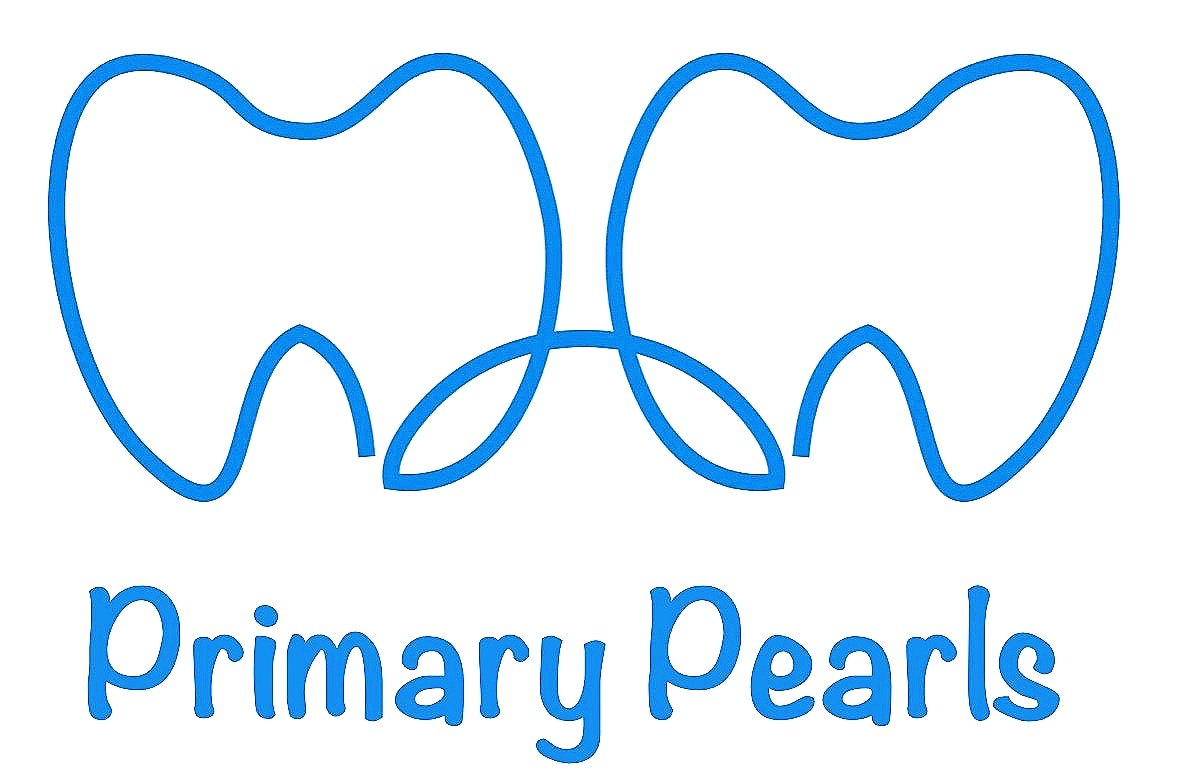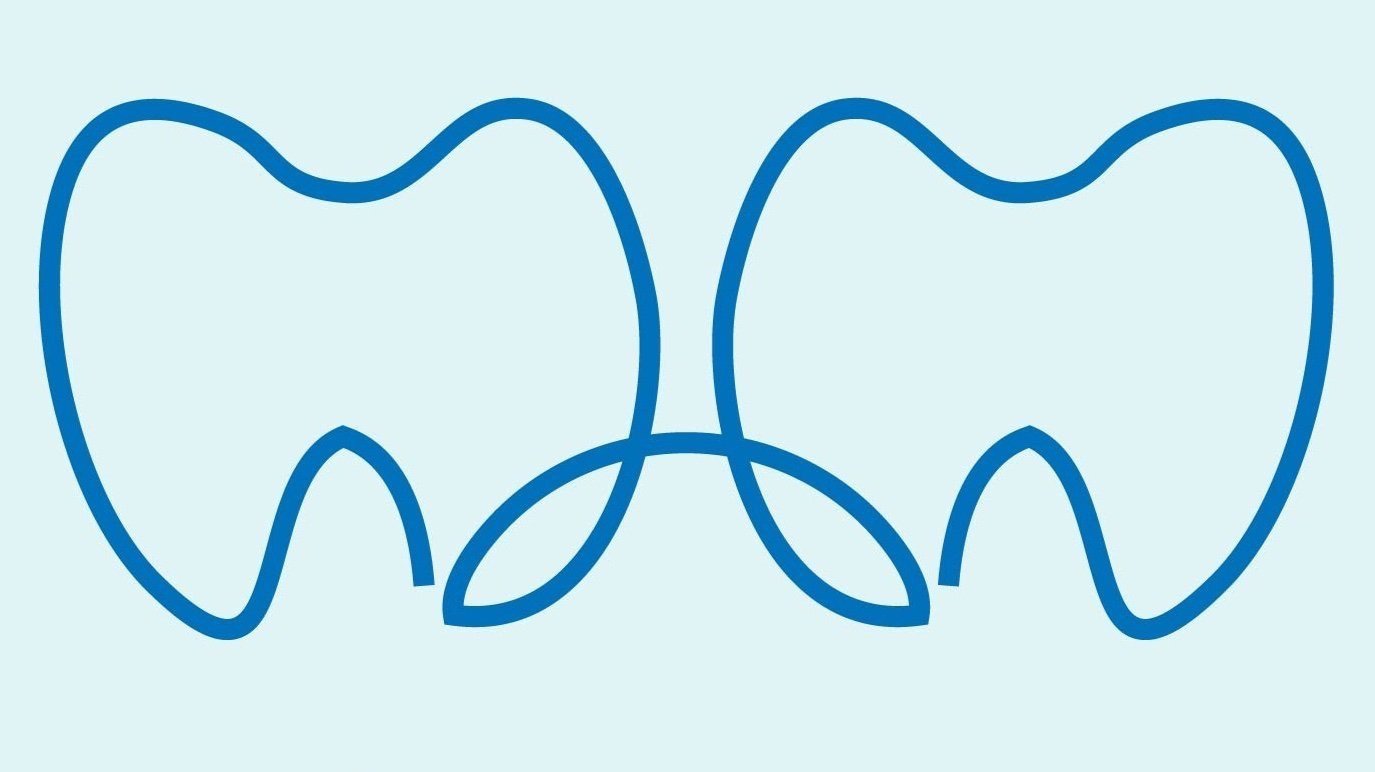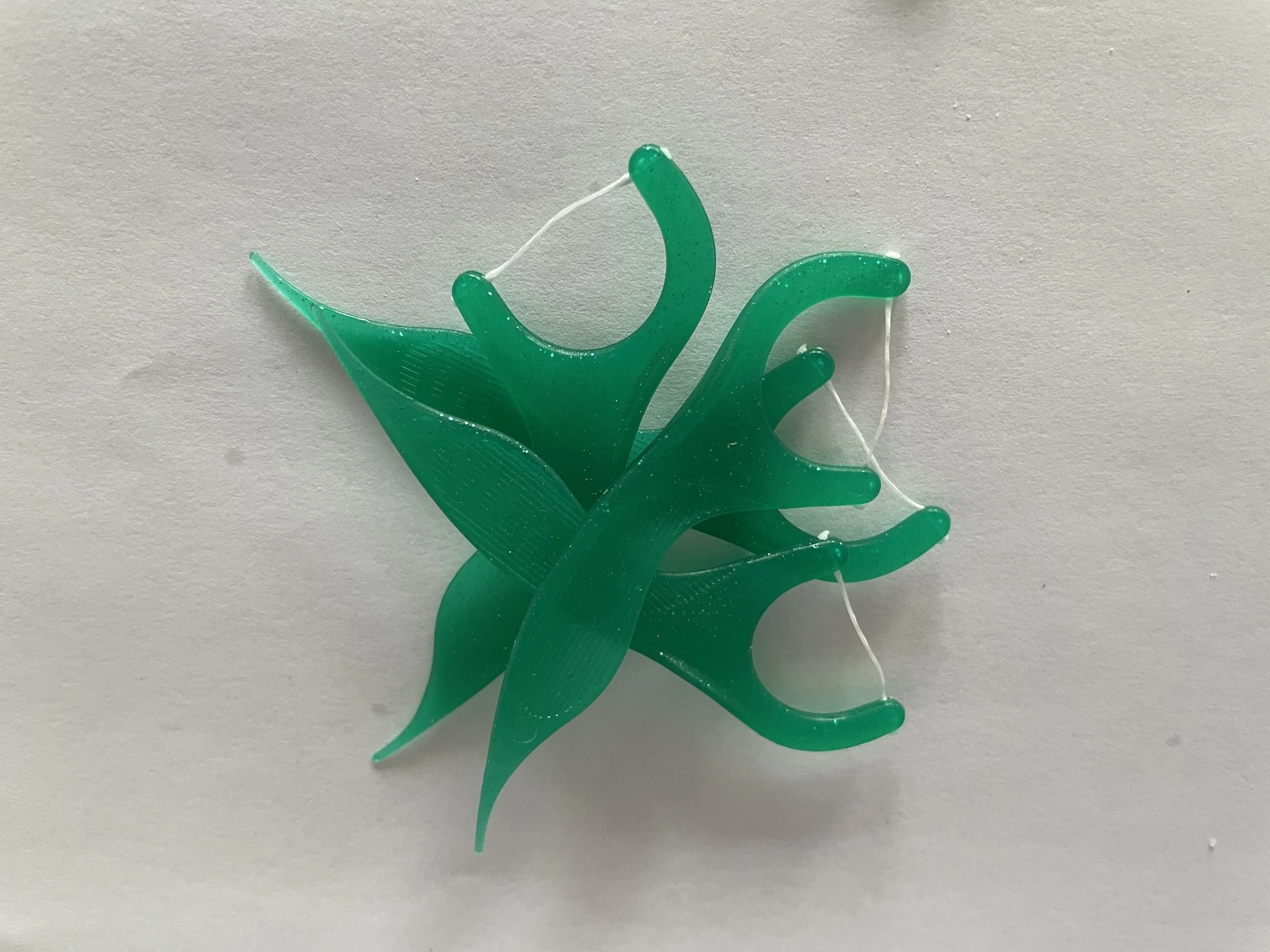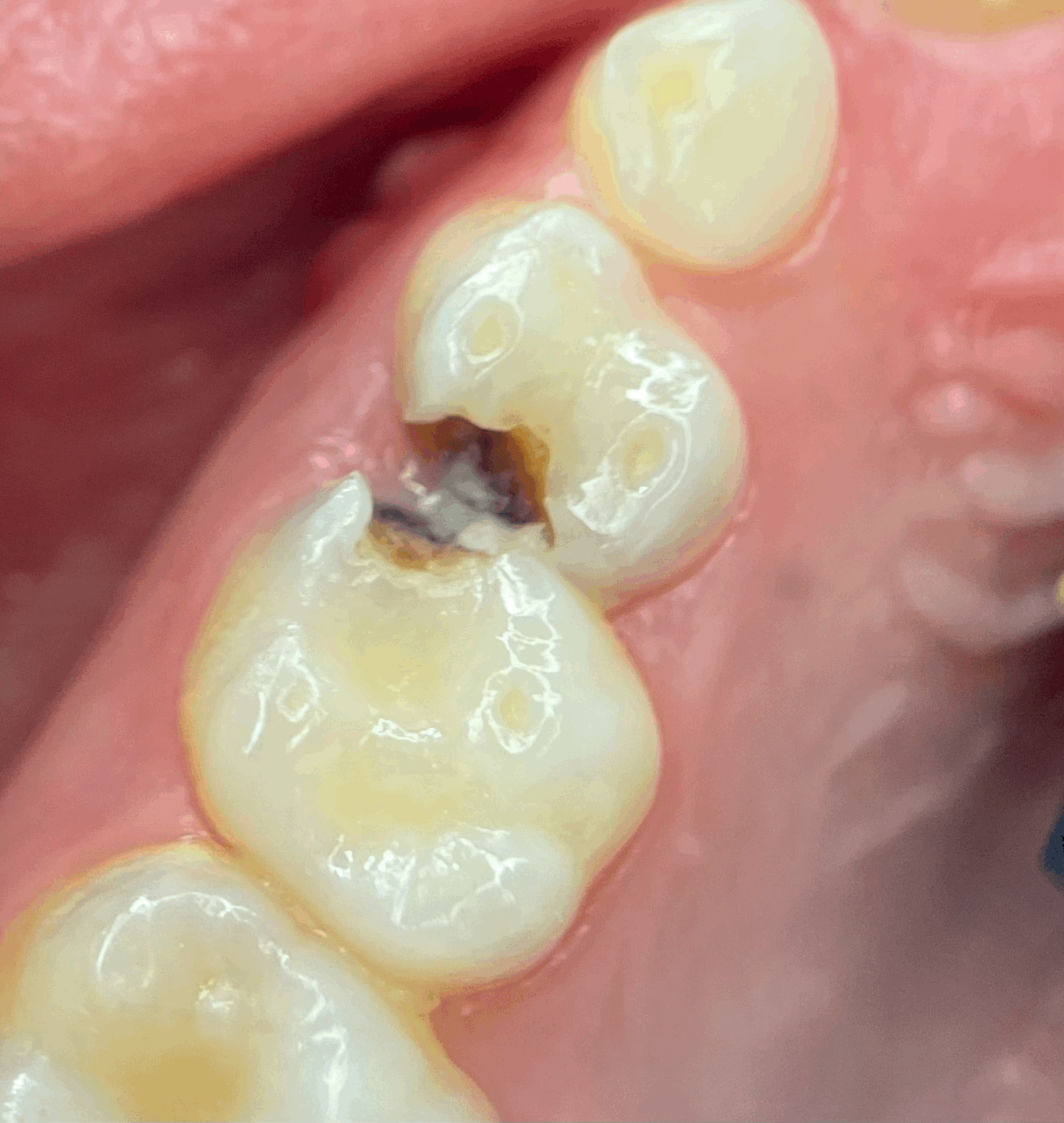When Do I start Flossing? Do I really have to?
Most parents start brushing or do some sort of oral hygiene when their child’s teeth begin to grow in. Once they have that down, the next question is, “Do I have to floss the teeth?”.
Fortunately, when the baby teeth first start to erupt, there is spacing in between the teeth. As long as you can see in between the teeth, a toothbrush should clean all surfaces of the teeth adequately.
If the adjacent front teeth are touching, it’s a good idea so start flossing those areas. We recommend the floss sticks - they’re much easier and faster than attempting to use traditional floss.
Once the second baby molars erupt (usually between 2 and 3 years of age), it’s very important to floss between the molars because your child keeps these molars until the age of 10-12. If they develop a cavity in one of these teeth, treatment is usually recommended as they are important for chewing and maintaining space for the permanent teeth to erupt.
Sometimes your child will have relatively small teeth compared to the size of their jaw, and none of the adjacent teeth touch. If this is the case, you flossing may not actually be that important. Consult your local pediatric dentist before foregoing flossing.
Why is flossing important?
If you picture your tooth as a square placed on the ground, a toothbrush can only clean three of the five surfaces. Flossing cleans the two surfaces between the teeth. That’s 40% of the tooth.
Cavities like this can form from a high-sugar diet and not regularly flossing the teeth.
Additionally, flossing promotes gum health (prevents gingivitis and periodontal disease), removes stuck food and debris, and promotes better overall health. If you don’t floss, your gums can become inflamed, and chronic inflammation can affect heart health, diabetic control, and other diseases.
The American Dental Association recommends flossing everyday. If you can, great. If it’s a struggle, try to get it done a few times a week.
Until your child can tie their own shoelaces, they probably don’t have the dexterity to floss on their own teeth. You should floss your child’s teeth (or supervise) until they’ve proven themselves capable. If you’re unsure, have your child’s dentist or hygienist watch your child attempt to floss at their next dental visit - they’ll be able to tell if your child is ready floss solo.



